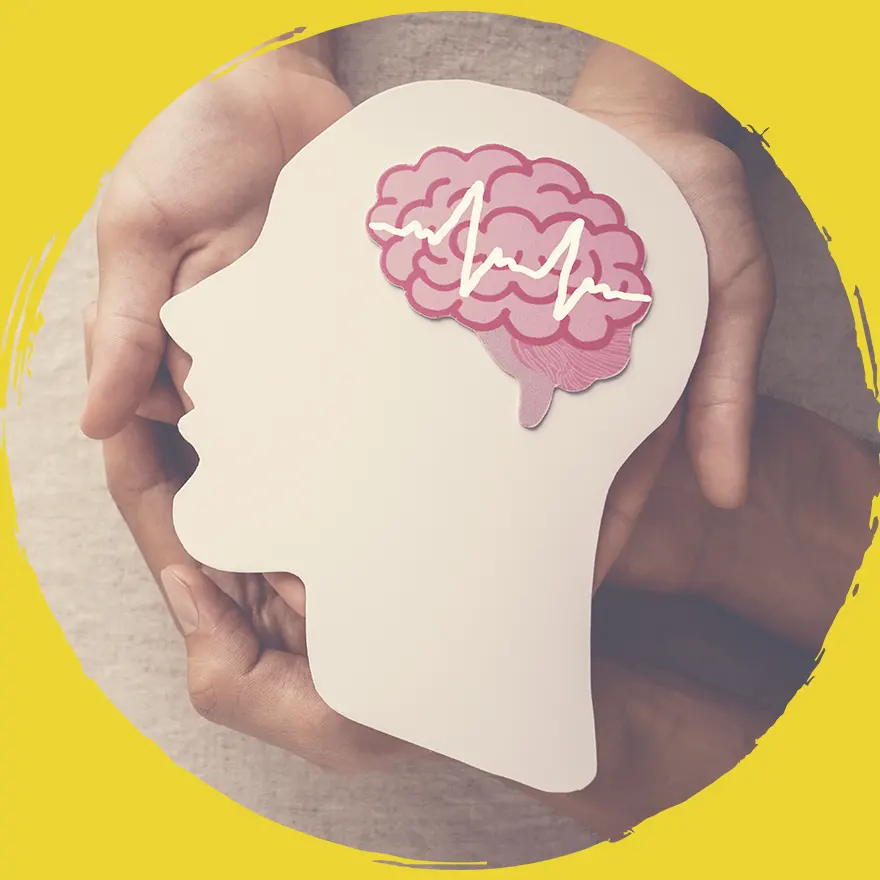
Myths about dementia and the care associated with it
‘Dementia has no treatment’, ‘My father had Alzheimer’s and so will I’ or ‘Dementia patients are inept and can’t live happily’ are all among the common myths that surround dementia and dementia care. In truth, none of these have any merit and simply add to the problem. While any form of dementia is a serious condition, and brings about changes in the patient’s personality, abilities, and health, it is important to steer clear of misinformation as it can lead to frustration or worse, negligence.
To address misconceptions and common myths surrounding these mental conditions, here are few pointers to consider.
Myth 1: Dementia only happens to the elderly and is a natural part of aging
Truth: Dementia and its various forms are progressive degenerative diseases of the brain. While these commonly occur in senior citizens and individuals over the age of 65, younger adults under the ages of 50 and even 40 can experience it. In these cases, it is called younger-onset dementia and Alzheimer’s disease is the most common form.
Additionally, while memory loss is a symptom of dementia, not all memory loss is a form of dementia. With old age, being forgetful is common and isn’t necessarily a symptom of an illness. Knowing how to distinguish between forgetfulness and dementia among seniors is key. That said, if an elder is having trouble with routine activities like bathing and grooming, then that is a cause for concern.
Myth 2: Dementia and Alzheimer’s are the same
Truth: Dementia is much more than memory loss and isn’t restricted to it. Alzheimer’s is a type of dementia with its own characteristics and so, to say that it is the same as dementia is inaccurate. Dementia encompasses many conditions while Alzheimer’s refers to a specific disease, a particular form of dementia. Nevertheless, a possible reason for people wrongly using the terms interchangeably is that most of the dementia cases boil down to Alzheimer’s disease, up to 6 in 10 or more.
Myth 3: Alzheimer’s is a hereditary disease
Truth: While this isn’t a complete myth, it is wrong to assume that one will get Alzheimer’s disease because it runs in the family. In most cases, Alzheimer’s is not inherited. It is true that genetics can play a part in developing this form of dementia, but new research also links lifestyle choices and existing health conditions as leading causes too. Further, healthy living, as one grows older, is found to reduce the chances of one developing the disease.
Myth 4: Dementia can be cured
Truth: There is no cure for dementia, overall. However, symptoms, especially those in the early stages, can be managed with the help of medication. For instance, Alzheimer’s treatment may include the use of cholinesterase inhibitors to lessen symptoms. Early diagnosis and treatment can slow down the progression of dementia and lead to a better individual prognosis. Moreover, there are some dementias that are said to be reversible. These include Traumatic Brain Injury, Korsakoff Syndrome, and Normal pressure Hydrocephalus. So, on the whole, treatment can improve the patient’s quality of life.
A lot of these myths are quite concerning and can worsen a bad situation. This is why it is important to have the right information as handling such a delicate mental illness can be quite demanding. Another myth to add to the pile is that dementia patients have no bright future. This is not true. Families who have a dementia patient at home discover new ways of living and caring. Moreover, for cases where regular caregivers cannot provide care adequately, you have assisted living facilities like Kshetra. At Kshetra, trained caregivers are equipped to care for residents with dementia and Alzheimer’s through a professionally-designed Dementia Care program. Here, residents have access to trained non-medical staff, medical professionals, therapists, on-call physicians, and specialists to tackle difficulties that arise. Residents are helped with everyday tasks like bathing, grooming, and medication administration. With over 22 years of experience in senior care and as an ISO-certified assisted living facility, Kshetra ensures happiness, comfort, and dedicated care for all its residents.
